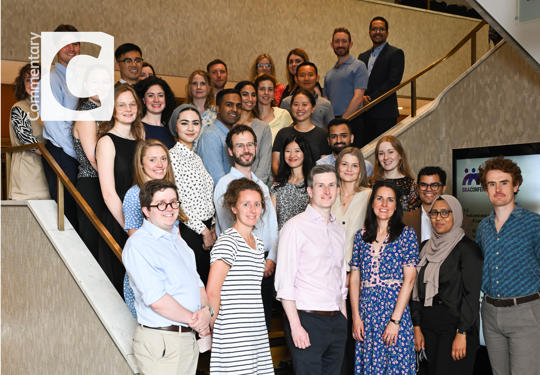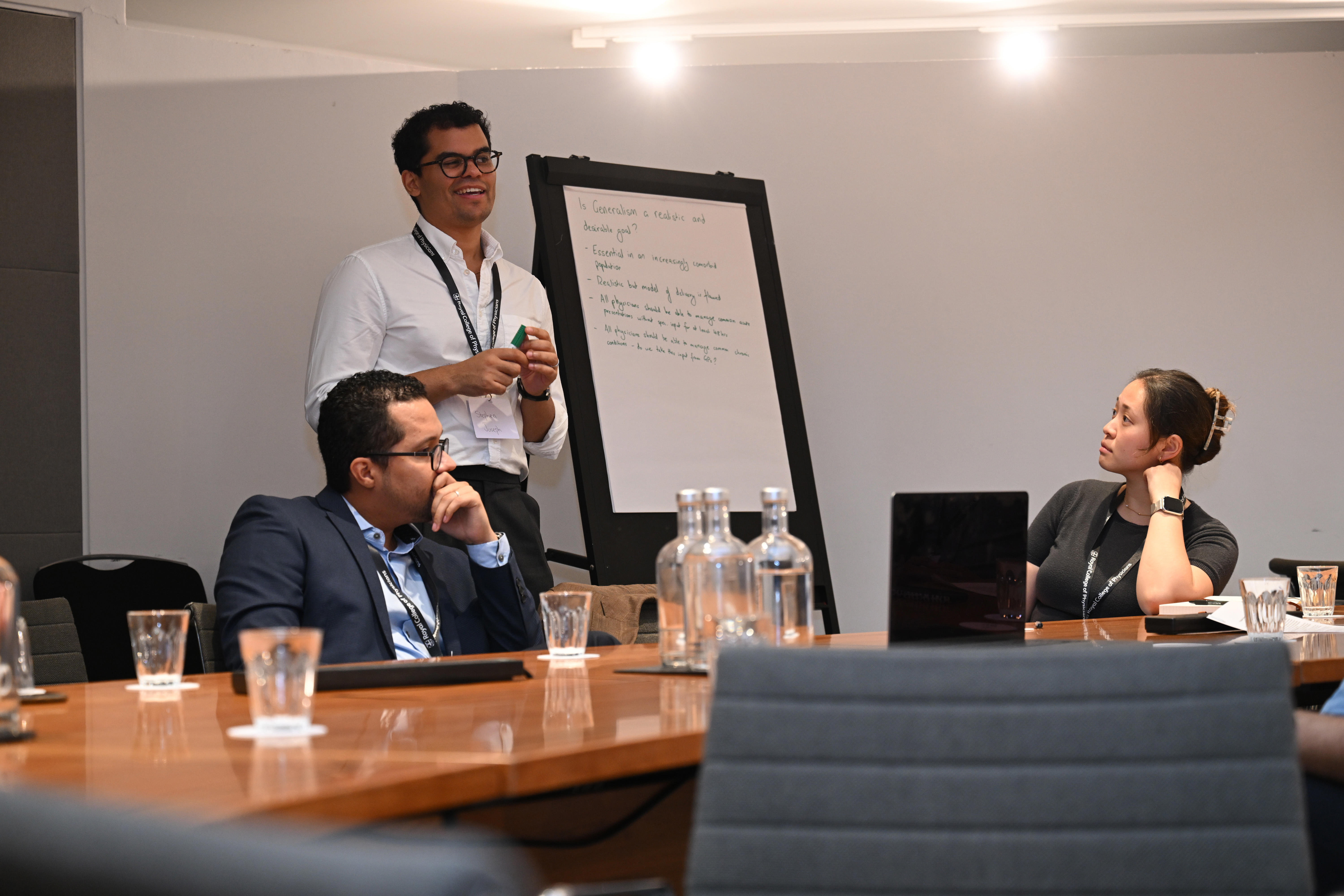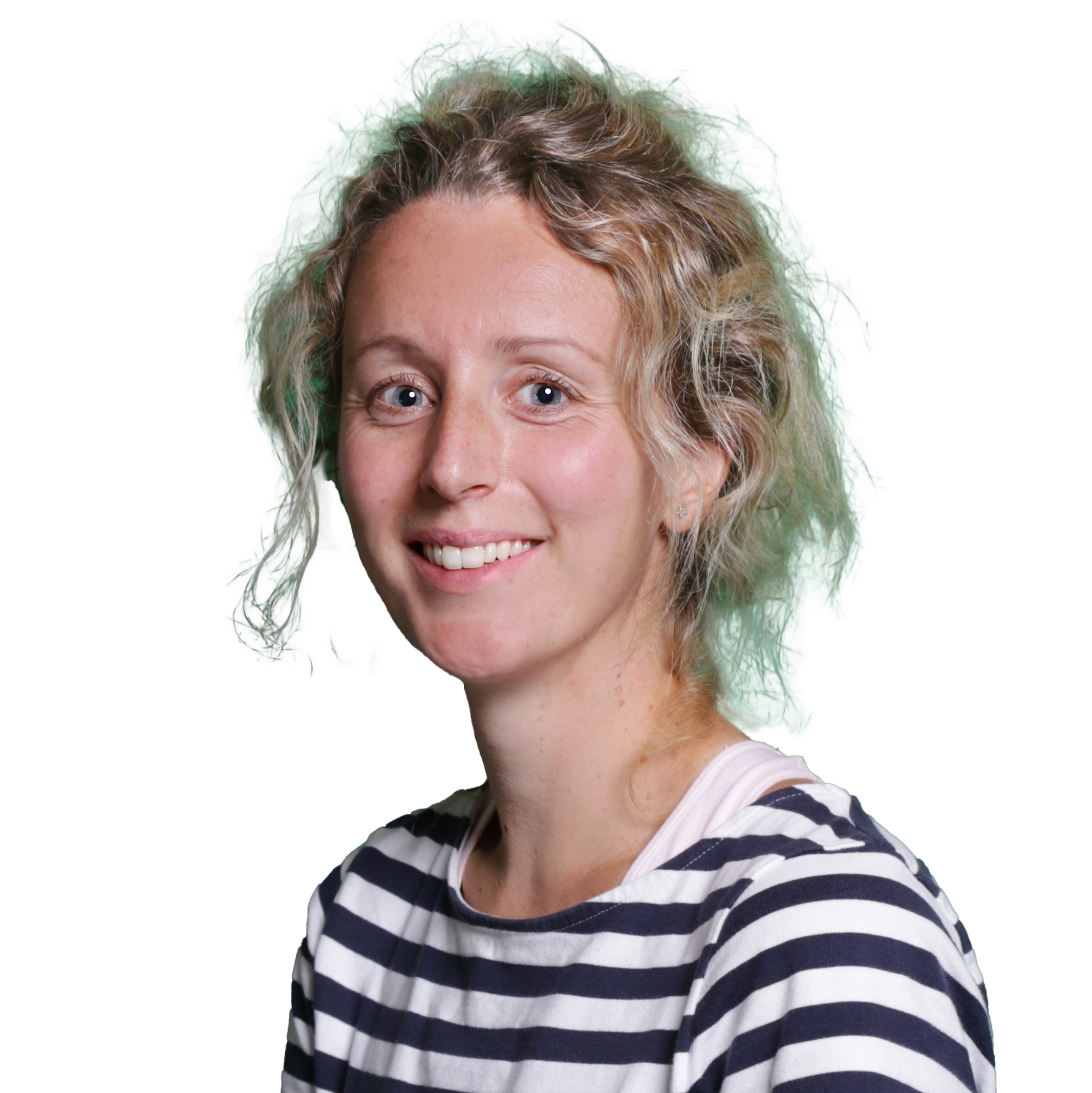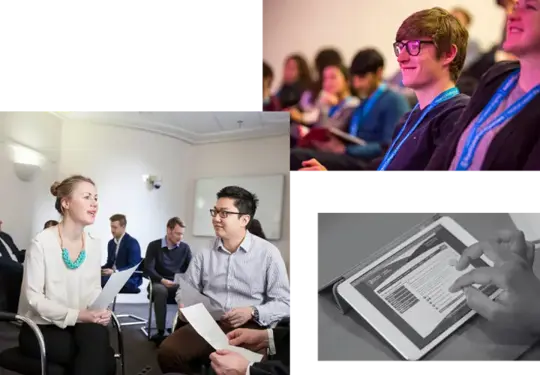The Resident Doctor Committee (RDC) is a vital group within the RCP; it aims to meet the interests and needs of doctors at the important first stages of their career. It offers resident doctors an exciting opportunity to feed into RCP policy development – and to shape education and policy at a national level.
Elaine Storey, the committee manager, says: ‘The RCP is committed to supporting and empowering early career physicians to take an active role in influencing the future of medicine, and the RDC plays a key part in this. On this high-profile committee, resident doctors can use their voices, share their experiences, represent their regions, network on a national level, and utilise and develop their many skills to help shape the future of physician training and improve the working lives of doctors.’
There are three annual meetings of the 35 members of the RDC – two virtual and one in person at the RCP at Regent’s Park, London, which includes a workshop for committee members. In July 2025, there were group discussions on physician training in general internal medicine and the RCP response to the national medical training review. The in-person workshop and meeting event is an excellent networking opportunity and chance for the members to see each other face to face. Regular communications about different areas of work occur throughout the year.
The committee’s remit is to represent the views of resident doctors on all major RCP committees and working groups, and other national health-related bodies if the need arises – and to provide a communication channel between resident doctors on the ground and the RCP. Committee members are central to the RCP’s NextGenPhysicians campaign, contribute to RCP conferences and a huge range of RCP committees and advisory boards – as well as much, much more.
The work of RDC members
Dr Nicola Maddox, Commentary guest editor, spoke to current RDC committee members on the hard work being undertaken to improve resident doctor training.
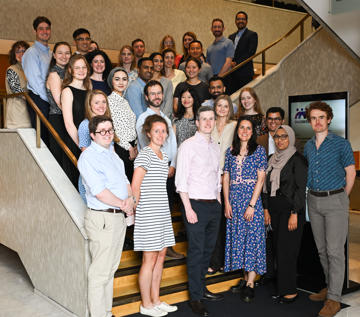
Recruitment
Dr Samuel Hey, ST5 registrar infectious diseases and general medicine and RDC representative for the Northern region:
‘This has been a challenging area, we are all acutely aware of the need to improve the internal medicine training (IMT) application process and make it fairer for resident doctors - in fact, it was one of the key drivers for me applying to be part of the RDC after hearing and experiencing the struggles of colleagues getting into IMT.'

'We have been part of the push for applicants to IMT receiving a unique score, hopefully improving the opportunity for future physicians to obtain an interview and an opportunity for further training. We also continue to push back against the introduction of the Multi-Specialty Recruitment Assessment in the IMT application process and reduce the burden of examinations on resident doctors. We work closely with the SFDN to provide a strong voice for resident doctors when it comes to application issues.'
Generalism
Dr Stephen Joseph, ST5 respiratory medicine and RDC co-chair and representative for London (Central and North East):
‘We often hear that patients need more physicians with generalist skills, especially as the population ages and develops multiple health conditions. However, GIM is consistently rated poorly by resident physicians. Why is that?
‘Much of the dissatisfaction stems from unanswered questions at the heart of GIM training; what exactly do we mean by generalism? Are we aiming to develop skills for managing the acute unselected take, for confidently treating a wide range of medical problems across inpatient and outpatient settings, or both? Can we realistically maintain generalist expertise as medical knowledge expands and becomes more complex? What happens when training in GIM comes at the expense of speciality training? And perhaps most importantly of all, is it even possible to acquire all these generalist skills through the current training programme?
‘An RDC subgroup has been trying to explore these questions, and feeding into wider work on generalism and specialism, led by former RCP clinical vice president Dr John Dean. As the Medical Training Review progresses, conversations about generalism will only grow more relevant. It is essential that resident doctors’ voices shape the future of training, so that expectations are clear, training opportunities are accessible and assessment is fair. If generalism is to be valued in practice, then training must reflect that in design, support and recognition. Because it’s not enough to tell residents that generalism is important. We need to show them.'
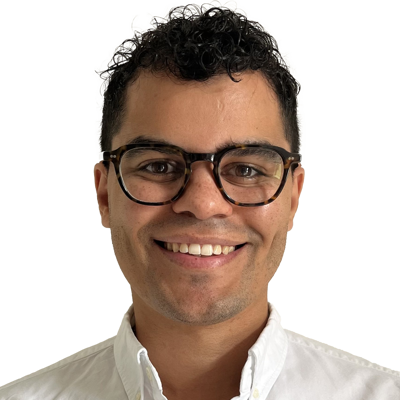
‘Being part of the RDC, and having the chance to think deeply about these issues with colleagues from around the country, has been a real privilege. If you are passionate about improving training and want to help shape its future, I would strongly encourage you to consider applying to join the RDC at the next recruitment round.’
Study budget and conferences
Dr Mariyam Adam, ST7 registrar renal and GIM, and RDC representative for the Mersey region:
‘I have recently been involved in reviewing how the study budget is allocated and accessed across different deaneries. We are currently finalising a report, incorporating insights from the wider RDC membership, to highlight existing discrepancies and the challenges that resident doctors face in accessing and utilising the study budget effectively.
‘Postgraduate medical training in the UK is built around learning opportunities in the workplace, which rely heavily on the feedback and engagement of senior doctors. However, these opportunities are increasingly limited due to workforce pressures and competing commitments across the NHS. In addition, formal teaching programmes in many deaneries are delivered remotely, offering limited chances for networking and building professional relationships – elements that are vital for a strong and collaborative future workforce.
'Furthermore, external courses – often essential for development – must be funded through the study budget. Unfortunately, the allocated funding has not increased in recent years, despite ongoing requirements to cover mandatory courses. As a result, many are forced to fund aspirational or career-enhancing courses out of their own pockets, which is neither fair nor sustainable.
‘There is still significant work to be done in advocating for better support for resident doctors. Over the coming months, I hope that we can engage key stakeholders and drive progress in this area. We welcome the recently published 10 Point Plan from the government to support resident doctors, particularly its focus on timely reimbursement, an issue that many doctors face when incurring upfront costs for training and development.
‘One of my main contributions since joining the RDC in 2022 has been helping to organise three Call the medical registrar conferences. Resident doctors are actively involved at every stage – from choosing themes and formats, recommending speakers, chairing sessions, to delivering presentations. We ensure that all content is relevant to junior registrars and, in recent years, have incorporated both inspirational sessions and clinical talks to reflect the weight of responsibility that many medical registrars experience early in their careers. This has been the most enjoyable part of my RDC journey. I look forward to planning next year’s conference, which will be my last.
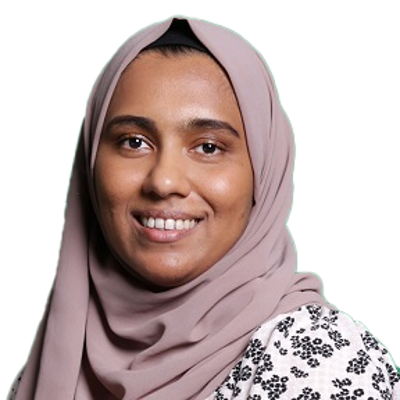
'I thoroughly enjoy being part of the RDC and having the opportunity to contribute to decisions that affect future generations of physicians. It’s also rewarding to help create meaningful educational opportunities through conferences and webinars, specifically tailored for resident doctors.'
Next Generation Oversight Group
Dr Hatty Douthwaite, ST7 registrar renal and general medicine and RDC deputy chair:
‘As part of the Next Generation Oversight Group (NGOG), I’ve had the opportunity to work alongside an inspiring group of colleagues to explore and address some of the key challenges facing resident doctors today. Our aim has been to amplify the voices of resident doctors, identify practical solutions to long-standing issues and influence national conversations on how we support, train and retain the future consultant workforce.
‘My involvement has primarily focused on interpreting the findings of a national survey of over 1,000 resident doctors. This helped build a clearer picture of what really matters to resident doctors; from concerns around recruitment processes, training quality and workload, to more intangible issues such as belonging, lack of continuity and feeling undervalued within the system. One of the most fulfilling aspects has been helping to translate these findings into concrete recommendations – which are already shaping further policy development and discussions with national stakeholders.
‘What I have particularly valued about being part of the NGOG is the collaborative and action-driven ethos of the group. Everyone brings and represents different experiences, specialties and perspectives, yet we are united by a shared commitment to make things better for our peers and future doctors. It is great to be part of a team that does not just talk about change, but is actively working to achieve it; whether that’s advocating for rota reform, promoting more equitable training opportunities, or developing realistic and impactful actions for policy makers to adopt.'
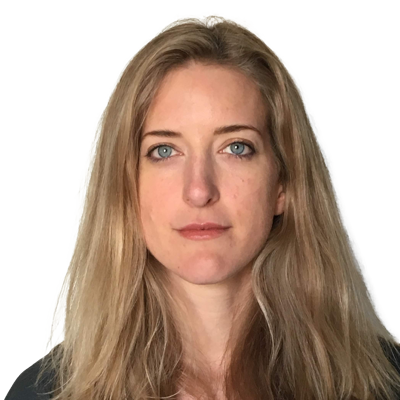
'Being involved in NGOG has also given me insight into how the RCP operates as a national voice for physicians, and it has been rewarding to contribute in a way that feels both strategic and grounded in real-world experiences. I am excited about what comes next as we continue to build momentum.'
Physician assistants
Dr Ricia Gwenter, gastroenterology registrar and Wessex representative:
‘I was one of the RDC members representing resident doctors within the RCP oversight group for activity related to physician associates (PAOG). This was established in the wake of the RCP extraordinary general meeting (EGM) in March 2024. Its remit was clear but complex: to develop a coherent approach to PA-related work across the RCP and medical specialties, and to produce interim guidance on scope of practice in general internal medicine, as well as guidance on the supervision and employment of PAs. The aim of the interim guidance was to safeguard patient safety and support physicians, PAs and the wider healthcare team until the Leng review reported its findings.
‘Being part of the PAOG and writing group were some of the most challenging experiences of my career to date. The group brought together individuals with widely differing perspectives. Weekly meetings revealed the full spectrum of opinion, and discussions were often tense. Yet, with a tight deadline, we had to navigate polarised positions and find workable, consensus-based solution. In December 2024, an interim consensus position was reached and the guidelines were published and later submitted as formal evidence to the Leng review.
‘It had often felt surreal to be addressing issues that should have been resolved two decades earlier. Alongside reaching consensus on safe and effective roles for new PAs, the work also exposed uncomfortable truths about the state of our own profession: shortcomings in postgraduate medical training, the destabilising effects of hyper-rotation, the creeping ‘taskification’ of clinical roles, and the erosion of recognition of the need for years of rigorous training, examinations and experiential learning that are unique to and underpin what it means to be a doctor.
‘The publication of the Leng review in July brought, for the first time, a degree of national clarity on many of the issues that had driven the EGM, including the recommendation to rename physician associates to physician assistants. In several key areas, the review’s recommendations aligned with the RCP’s interim guidance. Where they did not, there was both an implicit challenge and a fresh opportunity for the medical royal colleges to act on behalf of our profession in shaping the path forward. The Leng review is not the end of this journey; it is the beginning. We must maintain momentum, working towards a nationally agreed scope of practice, clear supervision standards and safe, effective integration of PAs, while protecting the integrity and standards of the medical profession.
‘I have immense respect for the colleagues who spoke up when constructive dialogue was difficult. The past 18 months have been turbulent for the RCP, but they have also been necessary, and I hope we are stronger for it.'
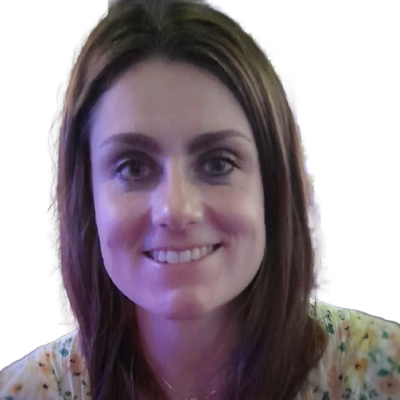
'One message from the PAOG was unmistakable: the voice and value of resident physicians are critical to the future of our profession and must remain central to decisions that shape it. I do not believe that the RCP would have reached its current stance without listening to and acting on those perspectives. This is why I value being part of the RDC. It ensures that resident doctors, as the senior decision-makers of tomorrow, have both a voice and a seat at the table when the most significant decisions are made.'
Academic medicine
Dr Sacha Moore, ST5 registrar in renal medicine and general medicine and Wales representative:
‘The recent UK Research and Innovation report, Clinical researchers in the UK: Reversing the decline highlighted the significant decline in clinically-trained research staff and the risk this poses to the UK’s research design and delivery capabilities over the coming decade.
‘Resident doctors in clinical academic training, as well as those who might consider a clinical academic career path, are the key to reversing this decline. Yet many academic resident physicians face numerous obstacles that can make training challenging. In the wake of the report and taking into account its recommendations, I have been working with the RCP’s Research and Academic Medicine Committee to propose solutions to some of the common challenges faced by academic resident doctors in training programmes. I am currently working on engaging with key stakeholders to assess the feasibility of enacting these changes within the curricula.

‘Being part of the RDC, and having the opportunity to represent both my academic resident colleagues and my colleagues in Wales, is a huge privilege; I am grateful for the opportunity to have our voices collectively heard in a place where enacting real change is possible.’
Become part of the RDC
Queries about joining the RDC are received throughout the year from resident doctors around the country. It is a popular and high-profile group of phenomenal early career physicians; for a recent recruitment round nearly 100 applications were received, from different regions, for approximately 20 vacancies!
Candidates passionate about using and developing their many skills to help shape the future of physician training and improve the working lives of doctors would be welcome to apply. Balancing RDC membership with being a resident doctor (and with other important educational and personal commitments) can lead to an overall fulfilling and rewarding experience.
The next recruitment round for new RDC members is planned for spring 2026. The details will be advertised in different ways, including via the RCP website. Any queries about the RDC are welcome, and can be sent to rdc@rcp.ac.uk. You can also reach out to your local RDC committee member – we want to hear from you!





